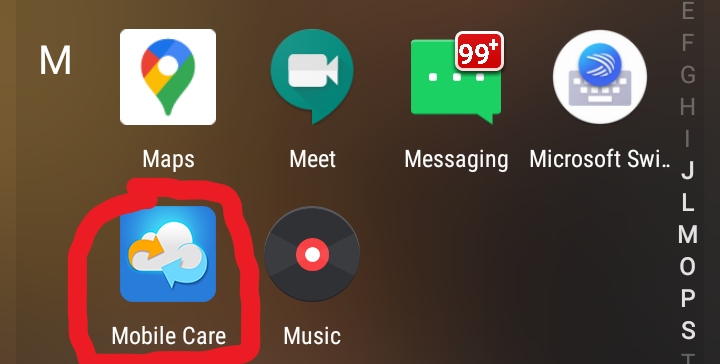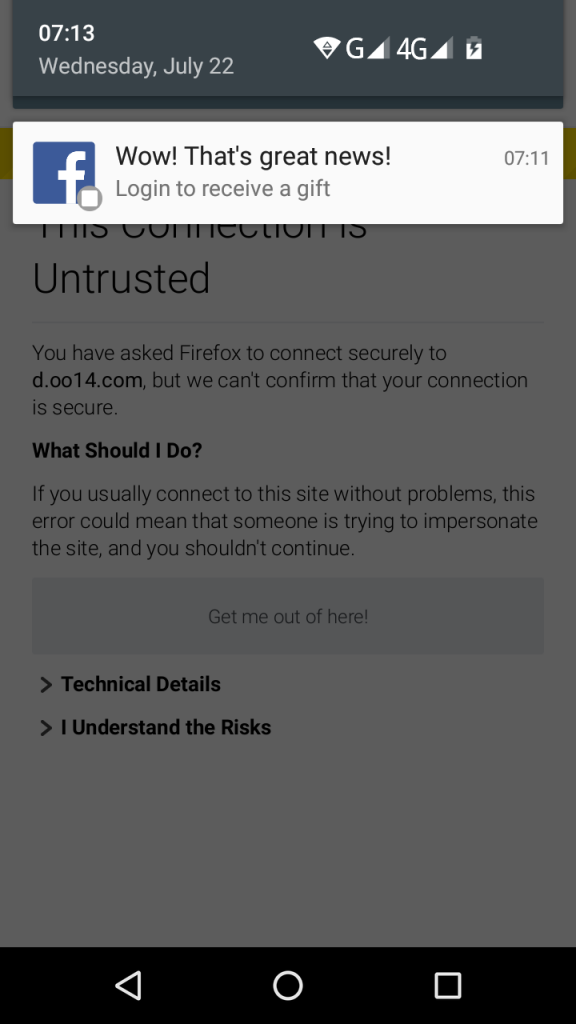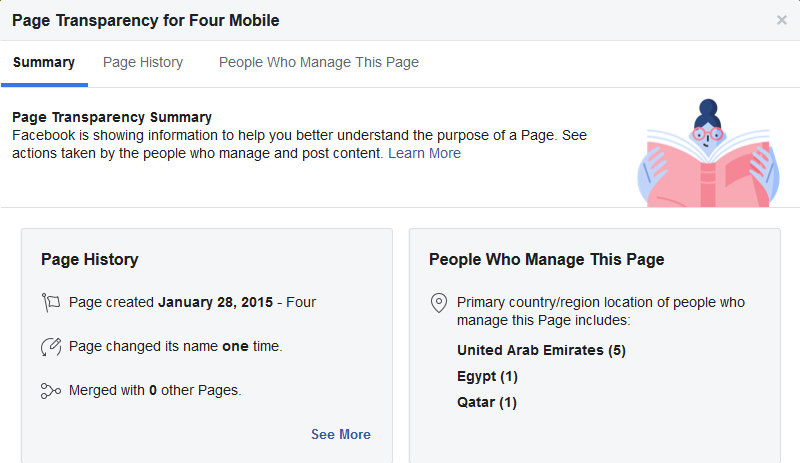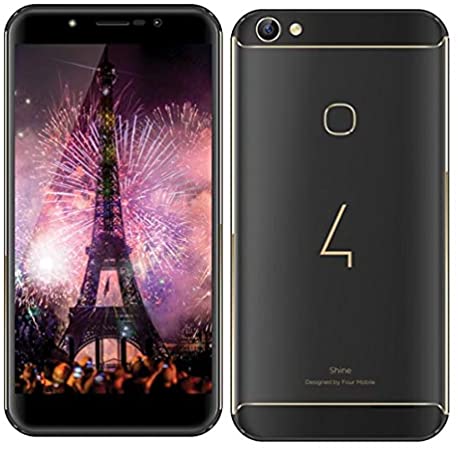I am a big fan of cheap smartphones (economics 101). I realized no matter how good a smartphone is, I am most likely to use it for only calls, SMS, mobile money and occasional social media. This means that whenever I am looking for a phone, I am looking for one that can do that efficiently without much exaggeration – a decent processor and RAM.
The other motivation for keeping a cheap phone is because the likelihood of me losing it in Nairobi is very high. I only want a phone which if lost, I will walk into a shop and buy another one without starting breaking the bank. I think this is the real reason why I am into cheap phones.
(Just remembered that I once did an informal survey in an office and found out that at one point in life, each person had lost a smartphone through pickpockets, smart thugs or even a violent encounter, and consequently, no one fancies expensive phones. This is what crime does to the market.)
For the last 18 months, I have had this phone which was very cheap for its specifications. It was from a strange manufacturer in UAE and I decided to try what the Emirates have to offer. For only KShs 7500, I got a phone through Jumia that had 3GB of RAM, 32 GB of storage. That was good enough for my needs.
Bloatware
It came loaded with some default apps which one cannot uninstall. These are common in many phones, but I realized that one of these apps was Uber. The strategy worked because before then, I would only install the app whenever I needed it (very rare – less than 5 times in an year), and I would choose between Uber and Bolt. Since then, I have only used Uber because I did not have to install it.
This marketing strategy is similar to the one WhatsApp used. I remember that a number of smartphones used to come with WhatsApp preinstalled and we had no option but to get used to it, and even use it since it was always available. Genius.
But in this device called Fourmobile S610 Shine, there was one app called Mobile Care shown below. I could not uninstall it, so I just disabled it and never gave it much thought.

However, the app started enabling itself after sometime, and went ahead to do some mischievous things. It would launch the browser and open some spammy links, and would show display ads that would overlay the whole screen with no option to close them. It would also show the notification below which wants to deceive one that it is from Facebook, but if you click on it, it leads you to website that is just serving ads or just another suspicious website.

Ghost Manufacturer
I got a bit worried about the phone and decided to check the manufacturer. To my surprise, the manufacturer’s website was no longer operation. It seemed that the manufacturer of the phone was non existent, or had closed shop.
A look at their Facebook page showed that it was created in 2015 and the last update was in 2018.

It is clear that what I have is an ad serving device and I do not know what else -God forbid- that it does without my knowledge.
Preinstalled Malware
One of the methods that manufacturers use to sell cheap phones is to include some adware (apps that show ads) in the devices. Some of these have been shown to be dangerous malware that should not be in the phones. This is what I have been suffering from.
And while one may be tempted to think that it is an isolated incidence, it is actually the norm. Tecno Mobile has been found to have sold thousands of phones in Africa containing malware. Many privacy advocates have also raised concern over these preinstalled apps that could track your activities, log your key strokes, or even send data without your knowledge.
It seems that as long as you are using a cheap smartphone, your data is at the mercies of the manufacturer and other third parties that you may never know.
The ugly part of the ads that these apps show or the pages they open is that they are not even relevant. I would appreciate it if they had used my stolen data to customize the best ads for me.
Regulation
How can this be stopped?
One of the major players who can do this is Google. While Android is open source, Google can force manufacturers to have their apps vetted properly and require enough justification for apps that cannot be uninstalled.
The government also needs to regulate which manufacturers can sell devices in the local market. Unknown brand of mobile phones pose the highest risks, beside not having spare parts readily available. (I found someone else with a similar phone which he had to discard after the screen broke, because a replacement could not be found).
As of now, it seems that when the smartphone is cheap, you are the one who is being bought.
PS: Removing the Malware
To remove the malware, I had to use Android Studio because the app could not be uninstalled directly from the phone. I checked the actual name of the app and it was ‘com.rock.gota.’ A Google search showed that the app is a well know malware that comes installed in many cheap android phones and it has been reported in many places from Brazil to Egypt to Myanmar.
The detailed instructions for removing the app can be found HERE.



What do you think?